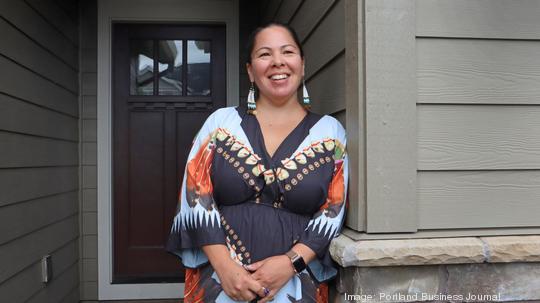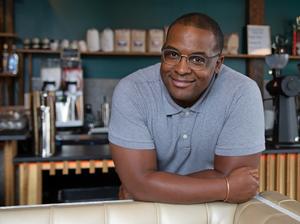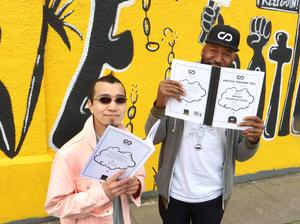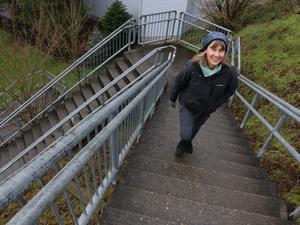
Se-ah-dom Edmo is up for a good fight. She has spent her career organizing. Over the years, she has seen the intersecting systems that have developed across social, political and economic systems that not only breed injustice but keep it in place.
She’s a rare leader — a native woman leading a non-tribal organization. She is executive director of Seeding Justice, a nonprofit grant making organization formerly known as MRG Foundation.
Her passion comes from the need to dismantle these intersecting systems.
“I started being able to recognize the hallmarks of policies and systems that kept each of our communities as kind of moving targets. Attack one community in one way and then use the same tactics to attack another. Separate Indian children from their parents. Do it against immigrants," she said.
At Seeding Justice the small organization might not write the biggest checks, but its funding is targeted, and Edmo hopes it acts as a conscience for larger philanthropy.
In 2019-2020, Seeding Justice granted $3 million to communities, more than it granted in the entire previous three years. As the pandemic bore down, the group tried to get as much money out the door as possible instead of putting funding on hold amid the uncertainty. It was the foundational funder for the Oregon Worker Relief Fund, now $100 million-plus mutual aid fund for undocumented immigrants.
We chatted with Edmo about her work and the future of philanthropy.
You’ve been in your role for two years. What drew you to the organization? I love things that are kind of in transition. I think there is a lot of opportunity when there has been a lot of struggle or conflict. In nonprofits, and I think in Portland in general, there is this niceness about things. Throughout my career, I tend to really love conflict. I feel we should challenge each other to find stronger, better solutions for ourselves, for our communities. MRG, now Seeding Justice, was on my radar and I love the mission of funding emerging groups, funding smaller groups, funding the beginnings of movements.
MRG went through a rebrand to Seeding Justice. Why do that for a 45-year-old organization? We’ve seen for-profit companies and other places in the country wrestling with ideas around institutional race and institutional memory. How we think about what we have memorialized in our country and in our history and that wasn’t lost on us.
Our origin story kind of became our name and that made us donor focused in a way that I don’t think is what was intended. We were established with a board of directors like many nonprofits, but then also an activist, organizer, grant making committee who were lots of folks of color, queer folks, folks really closest to the pain of injustice. And that's what has set us apart and made us very different than other funders. Having a name that is more emblematic of what we do we hope will help us find more grantees.
As we emerge from the Covid-19 pandemic, what is the role of philanthropy? I think there are a few lessons that we haven’t quite realized in Philanthropy, with a large P. And the first is that we exist to serve the movement for justice. We exist because there are inequities in our society. We exist to ensure those inequities don’t exist any longer. And in large part Philanthropy has not done a lot to move money into movements for change and shift power in decision making. How are we (Philanthropy) doing on closing the wealth gap? Not very well. We have only seen it grow. We have these big Philanthropic institutions nationwide, and regionally, who quite frankly have largely failed at their primary job.
How does Philanthropy need to change to meet this moment? There is still hesitancy to really move forward and do the things that we need to do to cultivate the kind of environment that will bring about real and lasting transformational change. I think we need to shift who’s in power. We need folks closest to the pain of injustice in positions to decide where investments go. Donor Advised Funds, they’re the fastest growing philanthropic vehicles and they’re legal but they’re immoral. They give folks with wealth credit for giving money away but still let them retain the power of deciding where all those investments go. If we've won capitalism we should just give the rest away to causes that are fighting the same inequities that we've benefited from.








